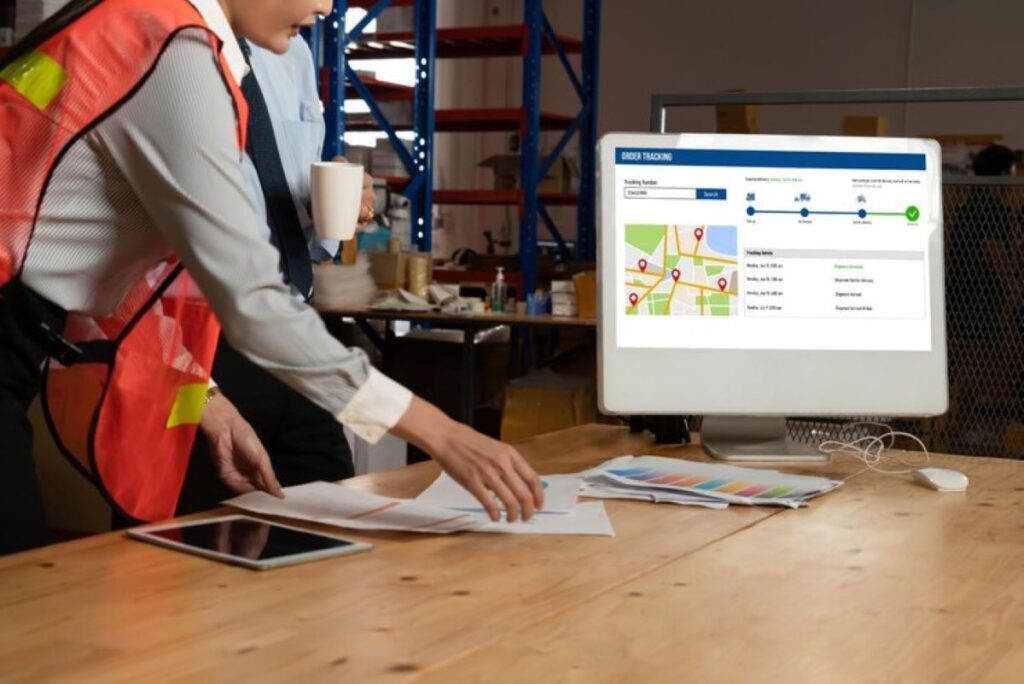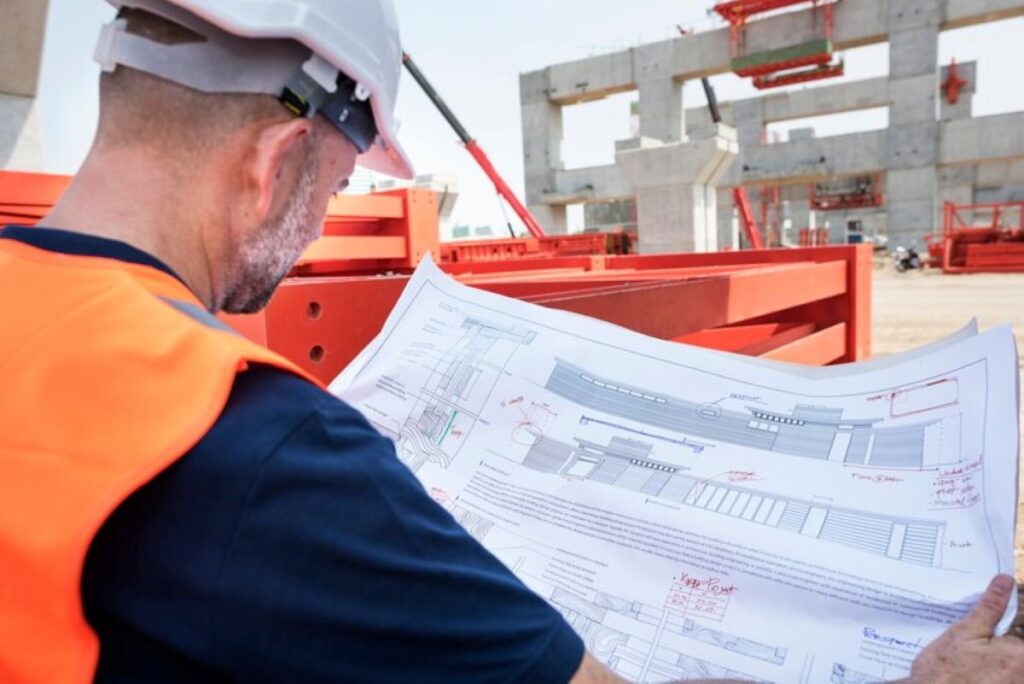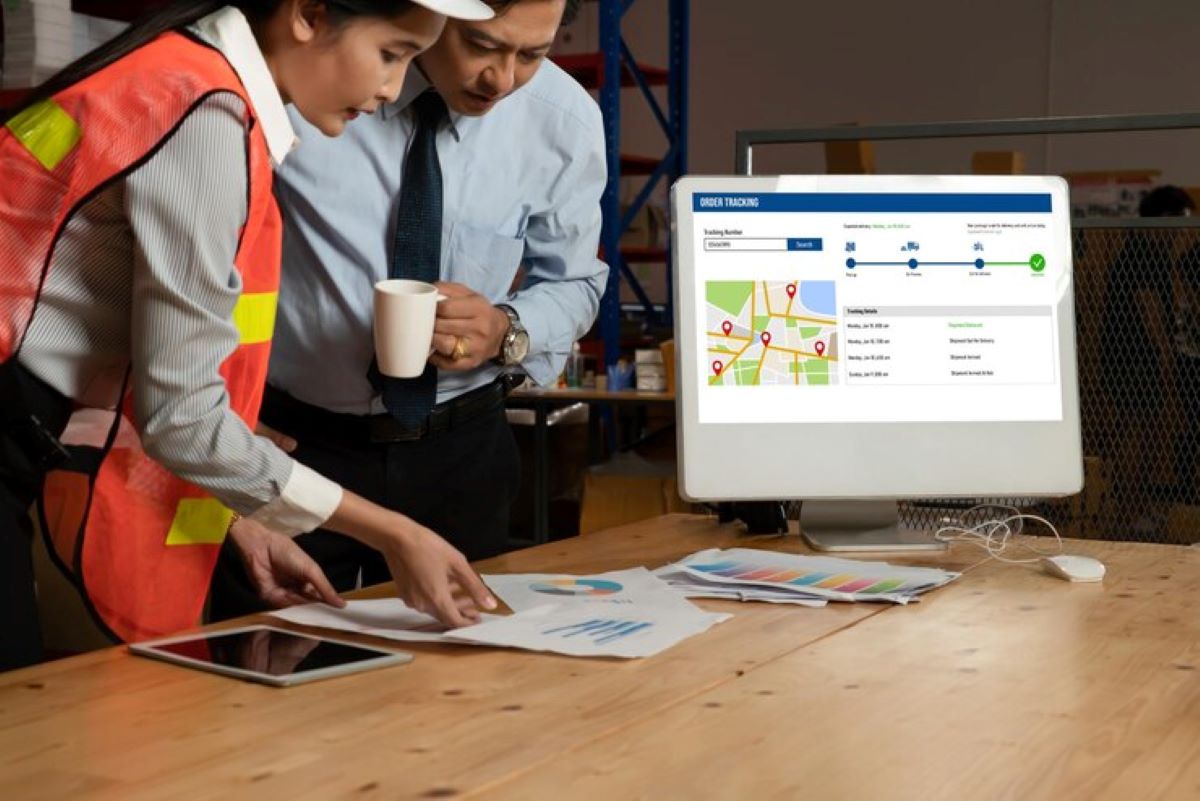Embarking on a building project is an exciting yet complex endeavour that requires meticulous planning and execution. One of the most crucial aspects of ensuring the success of your project is engaging the right professionals. Among these, a registered surveyor plays a pivotal role. Their expertise can significantly influence the outcome, ensuring that your project is not only compliant with regulations but also executed with precision and efficiency.
The Role of a Registered Surveyor
Understanding Land and Property Boundaries
Registered surveyors are instrumental in defining and understanding the boundaries of your property. This is essential to avoid any legal disputes that may arise from encroachments or boundary disagreements with neighbouring properties. By accurately determining the limits of your land, a surveyor ensures that your building project proceeds within the legal confines, safeguarding your investment.
Moreover, surveyors use advanced technology and methods to provide precise measurements and mapping of the land. This data is crucial for architects and engineers who rely on accurate information to design and plan the construction. Without this foundational work, the entire project could face significant setbacks.
Compliance with Local Regulations
Building projects are subject to a myriad of local regulations and codes. A registered surveyor is well-versed in these requirements and ensures that your project adheres to them. This includes zoning laws, building codes, and environmental regulations, all of which can be complex and vary significantly from one location to another.
By ensuring compliance from the outset, a surveyor helps to prevent costly delays and potential legal issues that could arise from non-compliance. Their expertise in navigating these regulations is invaluable, providing peace of mind and allowing the project to progress smoothly.
Risk Management and Safety
Safety is paramount in any building project. A registered surveyor plays a critical role in identifying potential risks associated with the site and the proposed construction. This includes assessing the topography, soil stability, and any environmental hazards that could impact the safety and feasibility of the project.
Through detailed site analysis plan and risk assessment, surveyors provide essential information that can influence design decisions and construction methods. This proactive approach to risk management helps to mitigate potential issues before they arise, ensuring a safer working environment and a more successful project outcome.
Benefits of Hiring a Registered Surveyor
Accurate Project Planning
Accurate planning is the cornerstone of any successful building project. A registered surveyor provides the precise data needed to create detailed and realistic project plans. This includes topographical surveys, which offer a comprehensive view of the land’s features, and construction staking, which translates design plans into physical markers on the site.
These services ensure that every aspect of the project is planned with precision, reducing the likelihood of errors and rework. This not only saves time and money but also enhances the overall quality of the construction.

Enhanced Communication and Coordination
Building projects involve multiple stakeholders, including architects, engineers, contractors, and local authorities. A registered surveyor acts as a vital link between these parties, facilitating clear communication and coordination. Their detailed reports and surveys provide a common reference point, ensuring that everyone is aligned and working towards the same goals.
This enhanced communication helps to streamline the project, reducing misunderstandings and ensuring that any issues are promptly addressed. The surveyor’s ability to translate technical data into actionable insights is invaluable in maintaining the momentum of the project.
Cost Efficiency
While hiring a registered surveyor is an investment, it is one that can lead to significant cost savings in the long run. Their expertise in accurate measurement and compliance helps to prevent costly mistakes and rework. Additionally, by identifying potential risks and issues early on, they help to avoid unexpected expenses that could derail the project budget.
Furthermore, a surveyor’s involvement can enhance the value of the completed project. By ensuring that the construction is executed to the highest standards and complies with all regulations, the surveyor contributes to a higher quality build that can command a premium in the market.
Choosing the Right Registered Surveyor
Qualifications and Experience
When selecting a registered surveyor, it is essential to consider their qualifications and experience. A qualified surveyor should be registered with a recognised professional body, such as the Royal Institution of Chartered Surveyors (RICS) in the UK. This ensures that they adhere to industry standards and possess the necessary skills and knowledge.
Experience is equally important. A surveyor with a proven track record in similar projects will be better equipped to handle the specific challenges of your project. Reviewing their past work and seeking references can provide valuable insights into their capabilities and reliability.
Understanding of Local Regulations
Given the importance of compliance, it is crucial to choose a surveyor who has a deep understanding of local regulations and codes. Their familiarity with the specific requirements of your area can make a significant difference in the smooth progression of your project.
Engaging a surveyor with local expertise ensures that potential regulatory hurdles are anticipated and addressed promptly. This local knowledge can also facilitate better communication with local authorities, further streamlining the approval process.

Technological Proficiency
The field of surveying is continually evolving, with new technologies enhancing the accuracy and efficiency of surveys. A surveyor who is proficient in the latest tools and techniques, such as GPS, laser scanning, and drone surveys, can provide more detailed and accurate data.
These technological advancements not only improve the quality of the surveys but also enable faster turnaround times, keeping your project on schedule. When choosing a surveyor, consider their commitment to staying abreast of technological developments and their ability to leverage these tools effectively.
Conclusion
Incorporating a registered surveyor into your building project is a strategic decision that can significantly impact its success. From ensuring compliance and managing risks to enhancing communication and cost efficiency, the benefits they bring are manifold. By choosing a qualified and experienced surveyor, you lay a solid foundation for your project, paving the way for a smooth and successful construction process.
Ultimately, the expertise of a registered surveyor is an invaluable asset, providing the precision and assurance needed to transform your building vision into reality. Their role is not just about measurement and compliance; it is about delivering peace of mind and contributing to the creation of structures that stand the test of time.
Related : How a Land Survey Can Simplify Property Transactions

